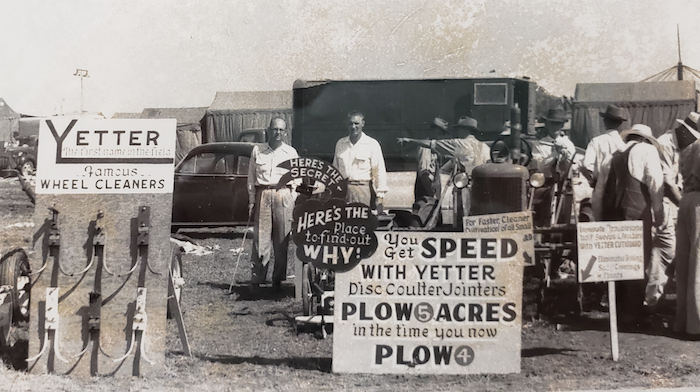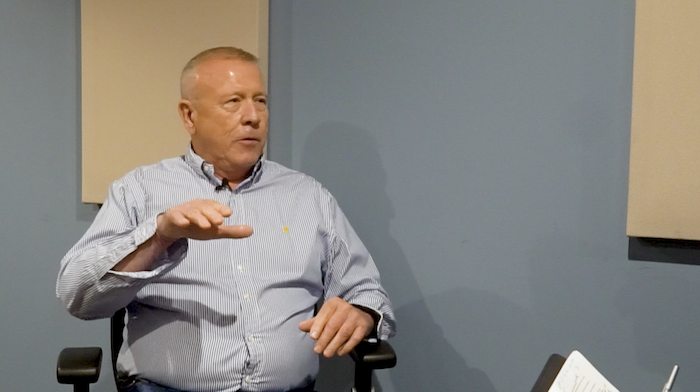
An early advertisement for Yetter's products

The late CEO of Yetter Manufacturing, Pat Whalen
Visit www.farm-equipment.com/innovators-docuseries to view this and the other episodes in the series.


An early advertisement for Yetter's products

The late CEO of Yetter Manufacturing, Pat Whalen
Visit www.farm-equipment.com/innovators-docuseries to view this and the other episodes in the series.
Post a comment
Report Abusive Comment